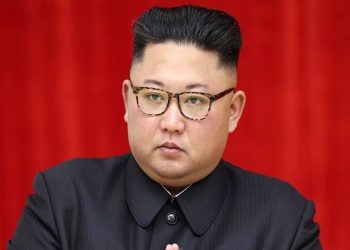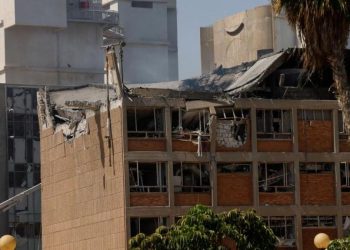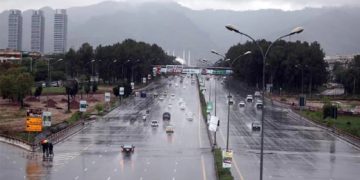Business and transactions should always be based on ground realities, especially when it concerns the connection between the country’s people and the business of governance.
From a technical standpoint, governance can be defined as the rule of a state or country by a monarch, whereas Pakistan, ostensibly, is both an Islamic and a democratic country according to its official name.
However, discussions have arisen on the allocation of seats in the national and provincial assemblies before general elections, and if a religious scholar issues a fatwa on these negotiations, it is likely to be considered illegitimate.
Recent news related to seat adjustments brought two significant developments to public attention. One reported a deadlock on seat adjustments between the Pakistan Tehreek-e-Insaf (PTI) and the Pakistan Muslim League-Nawaz (PML-N), with Maulana Fazlur Rehman demanding 9 seats from Punjab.
According to a private TV channel’s sources, PTI leaders demanded 9 seats from various districts in Punjab, but PML-N remained unsuccessful in responding during mutual negotiations.
In another news item, during the general elections, claims were made regarding progress in seat adjustments between the Muttahida Qaumi Movement (Pakistan) and the Pakistan Muslim League-Nawaz, with additional revelations.
The same private TV channel, mentioned earlier, claimed that the Muttahida Qaumi Movement is ready to negotiate with the PML-N for 5 National Assembly seats and 10 Provincial Assembly seats from Karachi. The names of constituencies for negotiations were also disclosed.
The Election Commission of Pakistan, after declaring February 8 as the final date for general elections, is now in the process of collecting nomination papers, conducting scrutiny, and addressing objections. The political discourse on seat adjustments is strategically aligned with political alliances, groupings, maximizing representation, and distribution of resources.
Some political parties aim to maintain their vote bank and are prepared for seat adjustments to avoid internal conflicts. Moreover, discussing all these seat adjustments is intended to raise public awareness and create a sense of political consciousness among the masses.
Awareness of which political party holds a stronghold in which constituency, the expectations of voters from different areas, and discussing these matters before winning an election cannot be ignored in political terms.
Politics is a social science that discusses the distribution of power in any society, country, or state. The science of politics studies the structures, functions, and procedures of government institutions.
This field of science encompasses everything from the perspectives of the public to our national perspectives, and the attainment of power is an essential part of it. Regardless of how many times politicians claim that their politics is for service, not power, the pursuit of power remains integral to the political process.



























